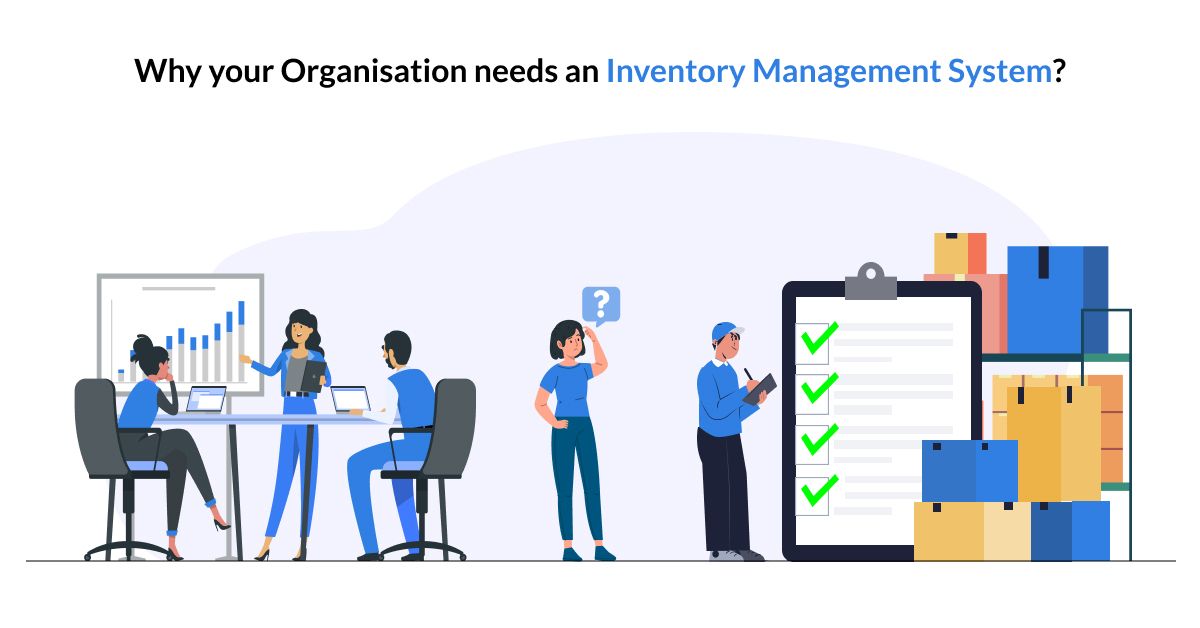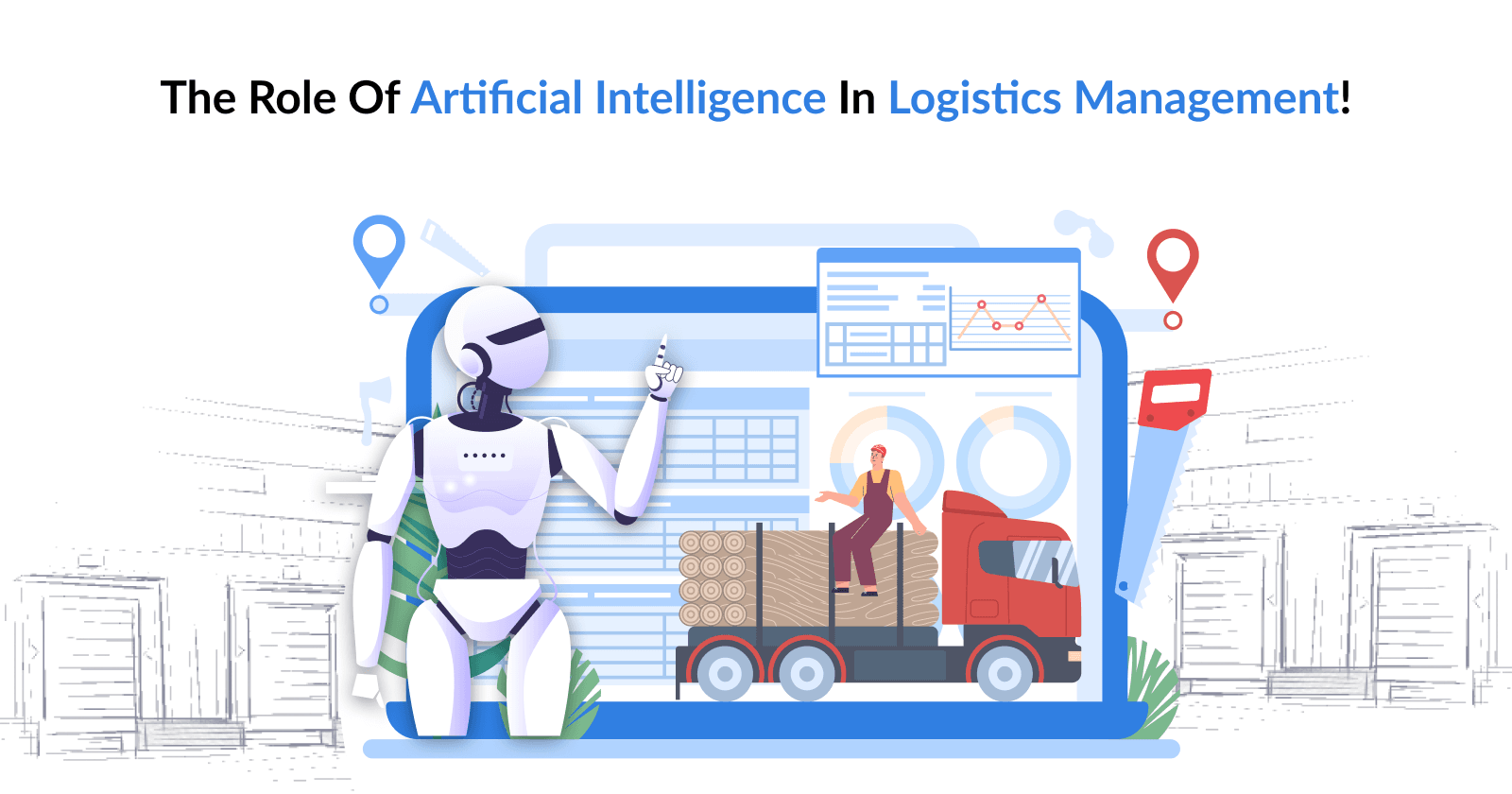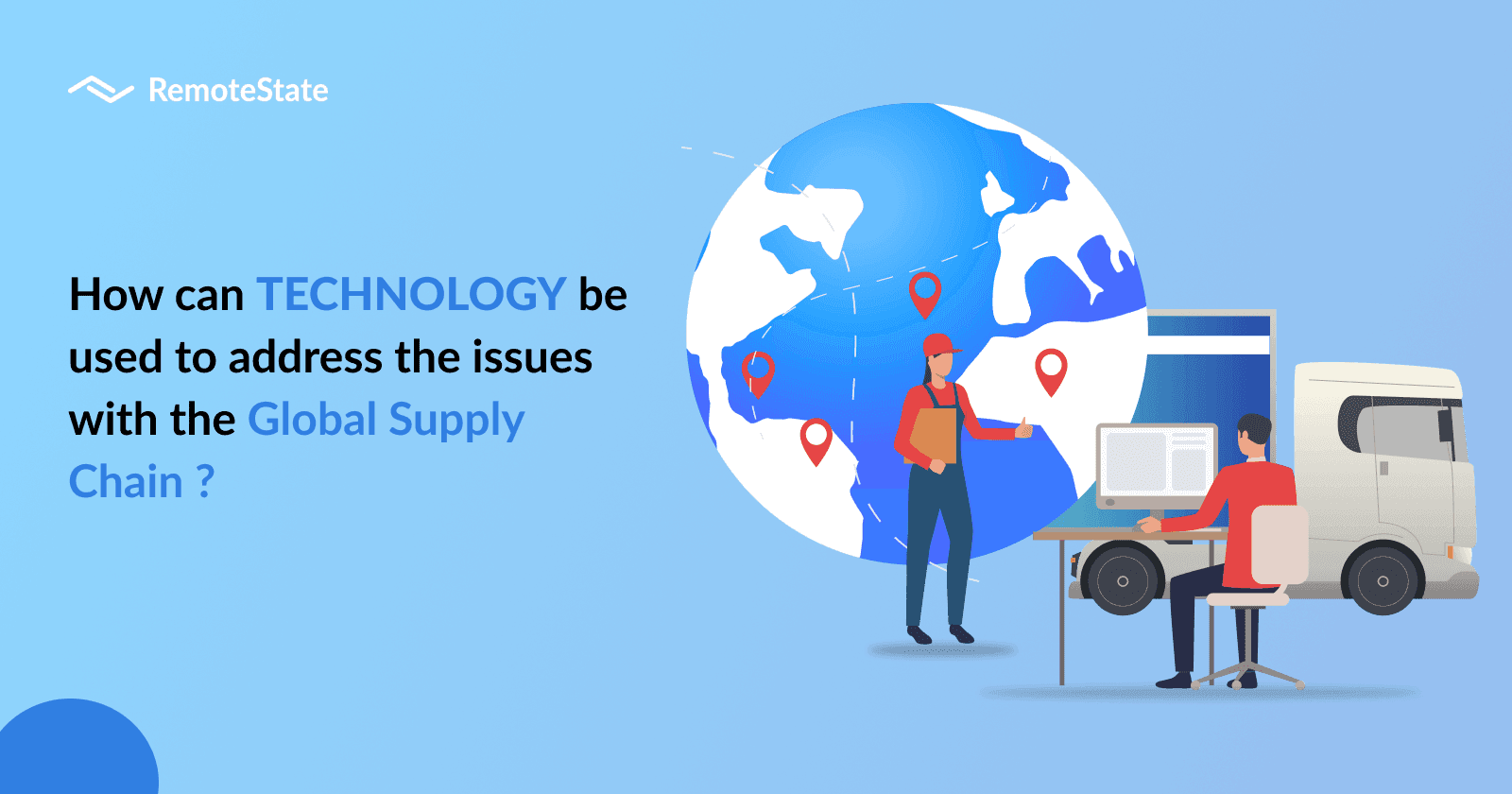Introduction
The logistics industry plays a crucial role in the global economy, ensuring the safe and efficient transport of goods and products around the world. However, the increasing use of technology and digitization has made the industry more vulnerable to cyber threats. Cybersecurity has become a pressing issue for logistics companies, as they need to protect their business and customer data from cybercriminals.
The logistics industry plays a crucial role in the global economy, ensuring the safe and efficient transport of goods and products around the world. However, the increasing use of technology and digitization has made the industry more vulnerable to cyber threats. Cybersecurity has become a pressing issue for logistics companies, as they need to protect their business and customer data from cybercriminals.
In this blog, we will discuss the benefits of cybersecurity in the logistics industry, the challenges companies face, and the opportunities available to protect their business from cyber threats.
Benefits of Cybersecurity in the Logistics Industry
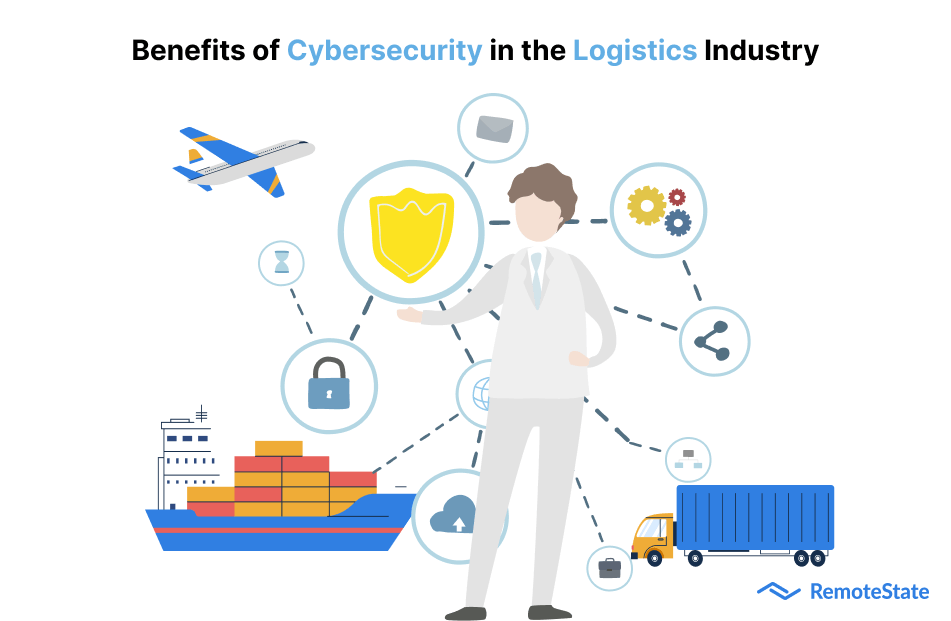
Protects Company and Customer Data
Cybersecurity measures can protect a logistics company's sensitive data, including financial information, employee records, and customer data. This data is valuable to cybercriminals, who can use it for financial gain or to carry out malicious activities. By implementing cybersecurity measures, logistics companies can protect their data and ensure the privacy and security of their customers.
Mitigates Risk of Cyber Attacks
Cyber attacks can cause significant damage to a logistics company's operations, reputation, and finances. By implementing cybersecurity measures, companies can mitigate the risk of cyber-attacks and prevent them from causing harm. For example, using firewalls, antivirus software, and encryption can help prevent unauthorized access and data breaches.
Compliance with Regulations
Logistics companies are subject to various regulations related to data protection and cybersecurity. Compliance with these regulations is essential to avoid fines and penalties and maintain the company's reputation. Implementing cybersecurity measures can help ensure compliance with regulations and protect the company from legal and financial repercussions.
Challenges of Cybersecurity in the Logistics Industry
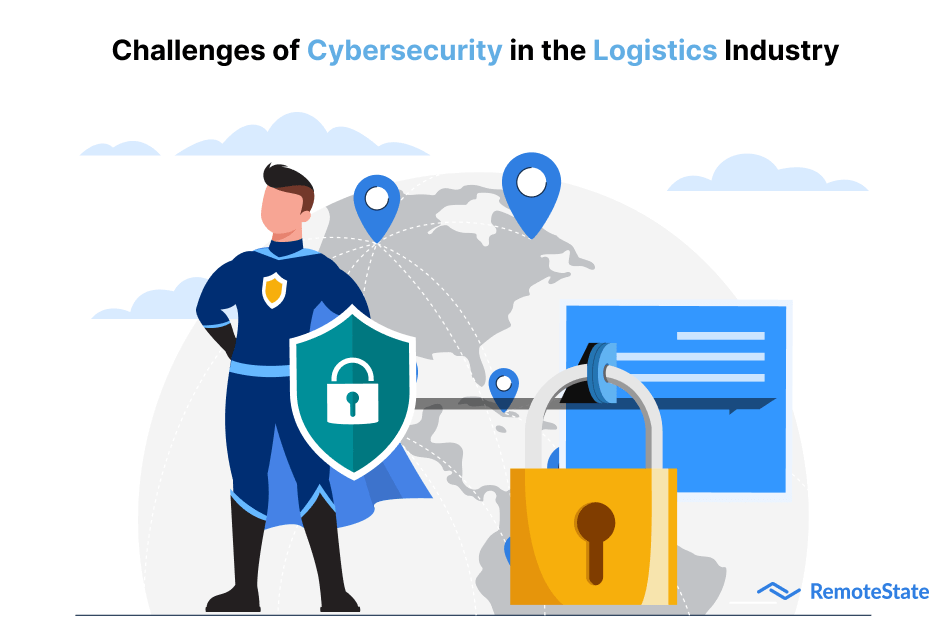
Limited Resources
Many logistics companies have limited resources to allocate to cybersecurity. They may not have a dedicated IT department or cybersecurity personnel, making it challenging to implement effective cybersecurity measures. Limited resources can also make it difficult to keep up with the latest cybersecurity threats and technologies.
Third-Party Vendors
Logistics companies often rely on third-party vendors for various services, such as transportation, warehousing, and IT support. These vendors may have access to the company's sensitive data, making it essential to ensure they also have adequate cybersecurity measures in place. However, the logistics company may not control the vendor's cybersecurity policies and practices.
Employee Education and Training
Employees are often the weakest link in a company's cybersecurity. They may inadvertently click on phishing emails or download malware, compromising the company's security. It is essential to provide employees with cybersecurity education and training to help them understand the risks and how to prevent cyber attacks.
Opportunities for Cybersecurity in the Logistics Industry
Investment in Cybersecurity
The logistics industry has seen significant investment in technology and digitization in recent years. This trend is expected to continue, providing an opportunity for logistics companies to invest in cybersecurity. Investment in cybersecurity can help protect the company's digital assets and ensure the safety and security of its customers.
Collaboration and Information Sharing
Collaboration and information sharing among logistics companies can help improve cybersecurity practices and reduce the risk of cyber attacks. Sharing information about cybersecurity threats and vulnerabilities can help companies stay ahead of the curve and prevent attacks before they occur.
Adoption of Industry Standards
The adoption of industry standards for cybersecurity can help ensure consistency and improve cybersecurity practices across the logistics industry. Standards such as ISO/IEC 27001 provide guidelines for implementing effective cybersecurity measures and can help companies demonstrate their commitment to cybersecurity.
Conclusion
Cybersecurity is a critical issue for the logistics industry, given the increasing use of technology and digitization. Logistics companies must protect their business and customer data from cyber threats and mitigate the risk of cyber attacks. The benefits of cybersecurity include protecting sensitive data, mitigating risk, and compliance with regulations. However, challenges such as limited resources, third-party vendors, and employee education and training must be addressed. The logistics industry also presents opportunities for cybersecurity, such as investment in cybersecurity, collaboration, information sharing, and adoption of industry standards.
To ensure effective cybersecurity in the logistics industry, companies should prioritize investment in cybersecurity measures, such as firewalls, antivirus software, encryption, and employee training. They should also establish partnerships with third-party vendors that have adequate cybersecurity measures in place and collaborate with other logistics companies to share information and best practices.
Protect Your Business: How Remotestate Can Help Improve Cybersecurity in the Logistics Industry!
Remotestate can provide valuable assistance to logistics companies looking to improve their cybersecurity posture. Remotestate has expertise in developing custom software solutions for businesses, including those in the logistics industry, that can help to address specific cybersecurity challenges and risks.
Remotestate can develop and implement customized cybersecurity solutions, such as firewalls, antivirus software, and encryption, that are tailored to the specific needs and requirements of each logistics company. Additionally, Remotestate can provide employee training and education on cybersecurity best practices, including how to identify and avoid phishing attacks and how to securely handle sensitive data.
Remotestate can also help logistics companies establish partnerships with third-party vendors that have adequate cybersecurity measures in place and collaborate with other logistics companies to share information and best practices. Additionally, Remotestate can assist logistics companies in complying with industry standards for cybersecurity, such as ISO/IEC 27001, NIST Cybersecurity Framework, and C-TPAT.
Overall, Remotestate can provide logistics companies with the expertise and support they need to effectively protect their businesses from cyber threats. By working with Remotestate, logistics companies can improve their cybersecurity posture, reduce the risk of cyber-attacks and data breaches, and ensure the safety and security of their customer's sensitive information.
FAQs
What are some common cybersecurity threats in the logistics industry?
Some common cybersecurity threats in the logistics industry include phishing attacks, malware, ransomware, and data breaches.
How can logistics companies protect themselves from cyber threats?
Logistics companies can protect themselves from cyber threats by implementing cybersecurity measures, such as firewalls, antivirus software, encryption, and employee training. They should also establish partnerships with third-party vendors that have adequate cybersecurity measures in place and collaborate with other logistics companies to share information and best practices.
What are some best practices for employee cybersecurity training?
Some best practices for employee cybersecurity training include providing regular training sessions, using real-world scenarios to demonstrate risks, and emphasizing the importance of cybersecurity to the company and its customers.
What are some industry standards for cybersecurity in the logistics industry?
Some industry standards for cybersecurity in the logistics industry include ISO/IEC 27001, NIST Cybersecurity Framework, and C-TPAT (Customs-Trade Partnership Against Terrorism).
How can logistics companies stay up-to-date on the latest cybersecurity threats and technologies?
Logistics companies can stay up-to-date on the latest cybersecurity threats and technologies by subscribing to cybersecurity news and publications, attending industry conferences and events, and participating in industry associations and forums. They can also work with cybersecurity experts and consultants to assess their cybersecurity posture and identify areas for improvement.
Publication Date
2023-04-20
Category
Logistics
Author Name
Sajal Nehra
